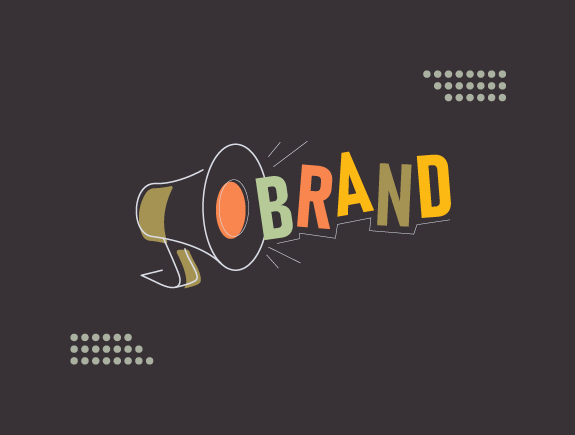In the past few years, storytelling has become a very popular word in marketing circles. Social media created a space for focusing on this type of communication, and agencies worldwide accepted it with great enthusiasm as competition in almost all niches is greater than ever, advertising space is overwhelmed so articulating attitudes and goals is actually the safest path to user’s loyalty.
We can define storytelling as using narrative to connect with consumers with the focus on attitudes and interests mutual to the brand and consumers.
When this connection is established, results can be magnificent. An extreme example of successful storytelling is Guarana, whose fans even tattooed the Guarana logo on their body. Many brands flourished thanks to this type of marketing, so no wonder that a few agencies have different variations of the sentence “We are brand storytellers” as their slogan.
Though we think these agencies make one mistake there.
Who is telling a brand story?
A brand story is not a well-written text in the “About us” section on Facebook, it is not a slogan, logo, or website. It comes out from communication and perception, so, agencies are not the only ones writing a brand story, quite the opposite, they share the copyright with their audience.
In traditional advertising forms, communication was a one-way street, directed from a brand to consumers, and it brought a call to action message. Nowadays, these elements need a conversation too. Because at every step we can see how the audience reacts to our new post, TVC, or product.
If they like some of it, they will share it further, talk about it, leave positive comments. They will spread our brand story and simultaneously become its part. To get to this level, it is necessary for our story to be tempting enough so people wish to take part in it.
What should a story consist of?
As in most literary genres, we have a protagonist here as well – brand. And as in novels, it is necessary to identify with the protagonist. The brand story should provide reasons to identify with the brand.
The story will reveal the purpose, the way we can benefit from certain products. It will convey the ideas and attitudes behind the company, and what makes it so special. It will bring us closer and personify the brand. It will make us wish to become a part of its tribe.
It will direct our observations and experiences and subconsciously create a brand personality.
Brand personality
Many marketing theorists agree that brand personality should represent one of the strongest means of differentiation in the modern and oversaturated world. Creating a proper personality leads to establishing strong connections, encourages shopping, and strengthens customer loyalty.
Obviously, we cannot influence the picture the consumers will create about us, but we can navigate them so the picture becomes close to our vision. First of all, we like behaving and talking just like the person we want to look like.
Communication tone
Based on the jargon a person uses, only after a few sentences we can make a lot of conclusions about that person. The level of education, class, geo origin…
Based on the communication tone, we can figure out the target audience the brand is talking to, the character, what market segment it belongs to.
Communication tone could be witty, serious, professional, pretentious, boastful, sarcastic…the only important thing is it can accurately reflect the brand.
For example, if a brand in question is a pharmacy, the communication tone will be precise, professional, advisory, because we want to create such an impression to our consumers. If our products are sneakers, we will communicate in a funny, a bit raw manner, with lots of anglicisms, because our story should sound popular.
When we define communication tone, it is essential to know what we are talking about.
Topics we deal with
When we meet a new person, we won’t introduce ourselves as interesting and funny. We will try to prove so with witty jokes, and a specific attitude.
The same rule goes for any brand. It is not enough to say a brand is fun, it is necessary for a brand to really be funny.
Topics that a brand chooses to talk about are an integral part of its personality, and the story as well.
Let’s take coffee as our product.
If we constantly post a golden hour on our Instagram, lifestyle photos of our product, the audience will understand us as just another hedonistic brand. If we use the coffee meme trend, the audience will understand us as someone who can communicate in a funny and bold way.
It is not necessary, especially not on social media, to talk about a brand all the time. A brand should talk about other topics too, like football, fashion, food…if these topics are somehow related to a brand story.
A brand story is not just a sum of a priori defined elements, so there is no formula. A good brand story requires all above mentioned, but even more than that. Dedication, honest approach, creativity, and wish to differentiate in comparison to the competition are needed as well.

















